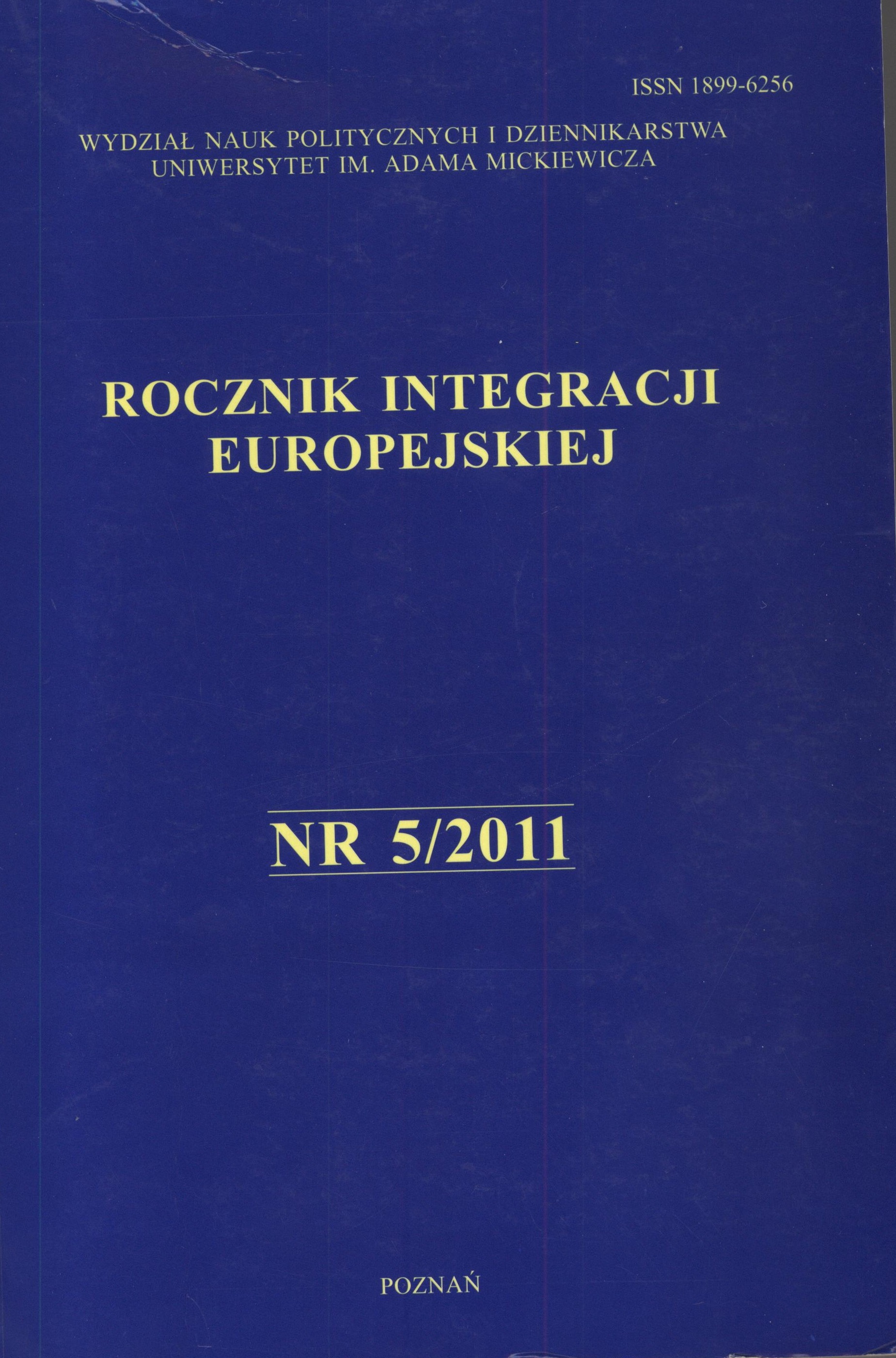Formalnie słaby, nieformalnie silny. Pozycja Parlamentu Europejskiego w procedurze konsultacji na przykładzie procesu uchwalania rozporządzenia ustanawiającego zasady dobrowolnej modulacji płatności bezpośrednich
Formally weak, informally strong. The position of the European Parliament in the consulting procedure, based on the example of the process of passing the resolution establishing the principles for voluntary modulation of direct payments
Author(s): Adam KirpszaSubject(s): EU-Accession / EU-DEvelopment
Published by: Uniwersytet Adama Mickiewicza
Keywords: European Parliament
Summary/Abstract: Widespread, rationalist thesis states that the position of the European Parliament in the consultation procedure is insignificant. Its limited powers come down to giving opinions for the Commission proposals before the Council can proceed with adopting it. However, it is the Council that decides whether to incorporate or ignore the EP’s amendments in the final legislative act. Different view on consultation is presented by social constructivism. It assumes that institutions operate in the complicated normative environment where legislative procedures and proposals are interdependent. This system is full of informal practices and social rules which not only facilitates decision-making but also deforms and reinterprets Treaties provisions. Entangled in this environment, the EP has the possibility to take advantage of it to reinforce its position in consultation. For instance, it can informally block the procedure by linking issues, delaying or creating decision-making stalemates for the Council. Though the EP’s de iure powers under consultation are limited, its de facto position might be powerful. The article examines abovementioned theses by analyzing the passing procedure of the Council Regulation (EC) No 378/2007 of 27 March 2007 laying down rules for voluntary modulation of direct payments, one of the most important consultation act in the European Union’s agriculture field. The case-study confirms the constructivist prediction. By using „power of delay” and issue-linkage strategy, the EP can significantly influence EU legislative outcomes. Not only is it able to block the whole procedure but also to force the Council to accept the substance of its opinion in the final legislative text. Therefore, despite the fact that Treaties give weak competences under consultation to the EP, this institution can acquire dominant position in this procedure.
Journal: Rocznik Integracji Europejskiej
- Issue Year: 2011
- Issue No: 5
- Page Range: 335-355
- Page Count: 21
- Language: Polish

